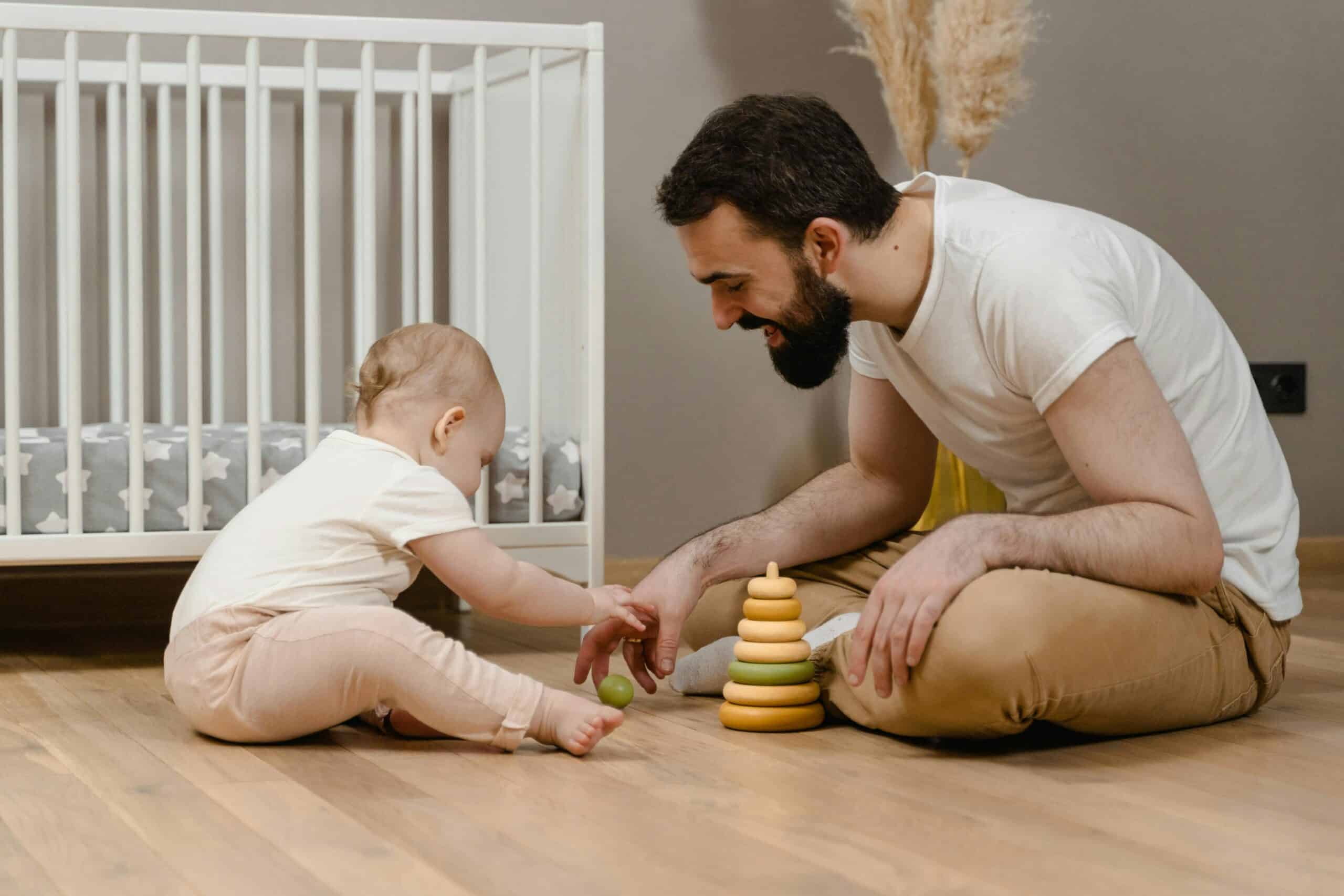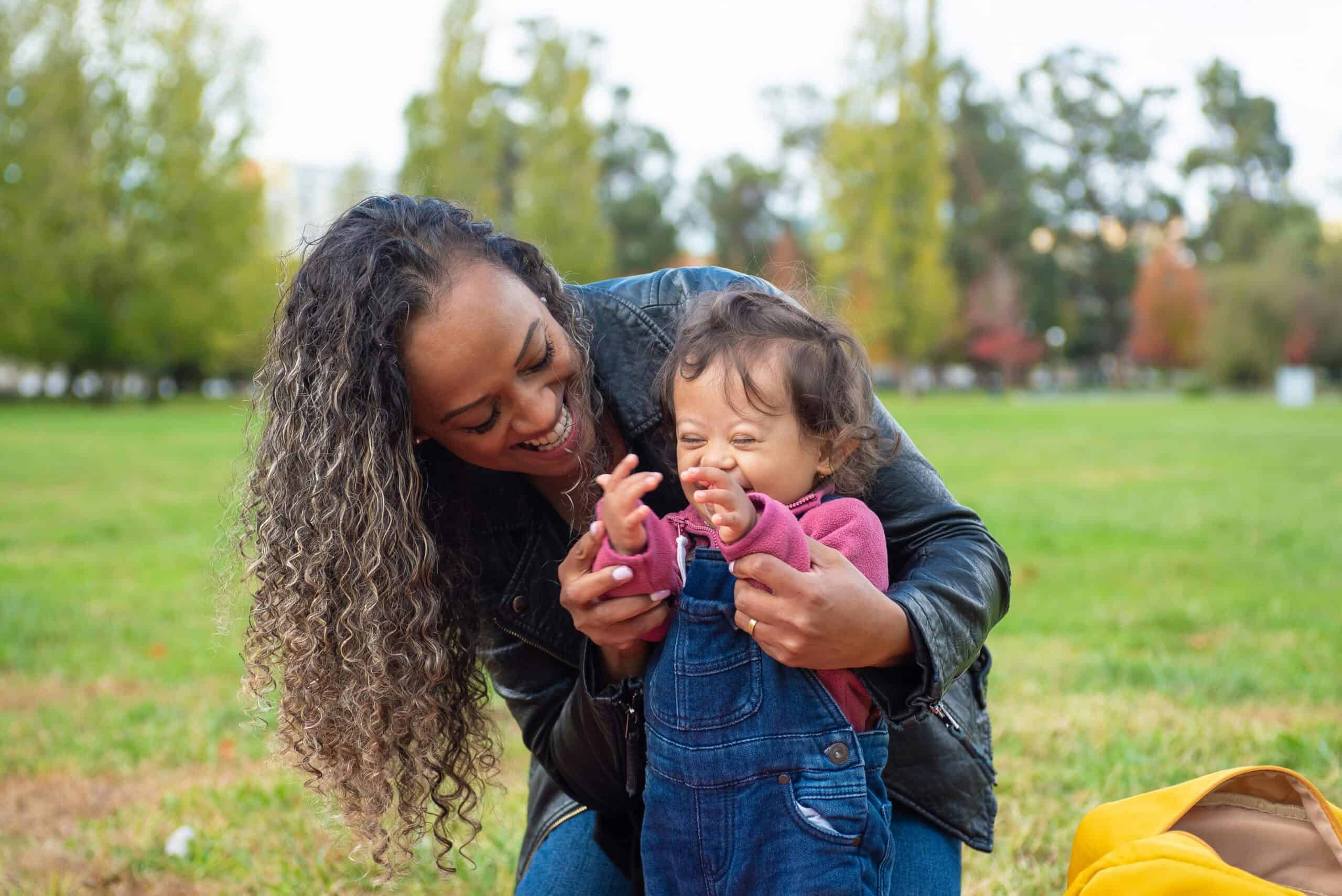15 Everyday Things You Can Say to Help Your Child Grow Up Confident
The way we speak to our children shapes how they see themselves and the world. Simple, positive phrases can plant seeds of self-worth, resilience, and courage that last a lifetime. Even everyday conversations offer powerful opportunities to nurture your child’s confidence and help them grow into secure, capable individuals. By choosing our words thoughtfully, we empower children to believe in themselves and face challenges with optimism. Let’s explore fifteen practical things you can say each day to support your child’s self-esteem and personal growth.
1. I Believe in You

Telling your child “I believe in you” sends a powerful message that you trust their abilities and judgment. This simple phrase can ease anxiety, especially before big moments like a test or performance. When children know their parents have faith in them, they’re more likely to approach challenges with courage and determination. Research shows that parental encouragement is linked to greater resilience and motivation in kids. Instilling belief in your child helps them develop their own sense of self-confidence and capability.
2. It’s Okay to Make Mistakes

Letting your child know “It’s okay to make mistakes” reassures them that errors are not failures, but opportunities to learn and grow. After a missed soccer goal or an incorrect answer on homework, this phrase encourages self-compassion and resilience. Children who understand that mistakes are normal are more likely to develop a growth mindset and keep trying, rather than giving up out of fear. Research supports that embracing mistakes is key to learning and persistence. This simple reassurance helps children become more adaptable and confident.
3. I’m Proud of You

Saying “I’m proud of you” lets your child know that their actions, big or small, are valued. This phrase isn’t just about winning or achieving; it’s about recognizing kindness, effort, and progress. When children hear this after helping a friend or trying their best on a project, they internalize a sense of accomplishment that isn’t tied solely to results. Research highlights that celebrating effort and character nurtures lasting self-esteem and confidence, helping children feel proud of who they are, not just what they do.
4. You Can Do Hard Things

Telling your child “You can do hard things” is a powerful way to inspire courage and resilience. When faced with a challenging puzzle or learning a difficult skill, this reassurance helps them push past frustration and believe in their capabilities. Children who are reminded of their strength are more likely to persist and try new things, rather than feeling overwhelmed. Studies show that fostering perseverance in kids leads to long-term success and adaptability. This phrase helps your child embrace challenges with confidence.
5. I Love Spending Time with You

Letting your child know “I love spending time with you” shows that their presence is valued, not just their accomplishments. Whether you’re reading a story, playing a game, or simply chatting, this phrase deepens your connection and reassures them of their worth. Children who feel appreciated for who they are tend to develop stronger self-esteem and more confidence in relationships. This simple statement helps them feel secure and loved, laying the foundation for healthy social interactions.
6. Your Feelings Matter

Telling your child “Your feelings matter” teaches them that all emotions are valid and worth acknowledging. Whether they’re angry about a lost toy or thrilled about a new friend, this phrase encourages open emotional expression. Validating feelings during both tantrums and joyful moments shows your child you respect and understand them. Children who feel heard are more likely to develop strong emotional intelligence and self-acceptance, which are crucial for lifelong confidence. Empathy in parenting builds trust and helps children navigate their emotions in healthy ways.
7. Thank You for Helping

Saying “Thank you for helping” shows your child that their efforts are valued, no matter how small. Whether they put away their toys or help set the table, your gratitude fosters a sense of pride and usefulness. Acknowledging their contributions encourages responsibility and builds confidence, making them more eager to help in the future. Recognition and appreciation at home motivate children to participate and develop positive self-worth. A simple thank you can go a long way in nurturing helpful, confident kids.
8. What Do You Think?

Asking “What do you think?” lets your child know their ideas and opinions are important. Whether it’s choosing tonight’s dinner or offering input on family plans, this simple question encourages them to trust their voice. Involving children in decision-making builds autonomy and nurtures self-confidence, helping them feel like valued members of the family. Empowering kids to share their perspectives increases self-assurance and decision-making skills, setting them up for future success.
9. I Trust You

Saying “I trust you” communicates faith in your child’s judgment and abilities. Allowing them to take responsibility—such as walking to a friend’s house or managing their own homework—fosters independence and self-reliance. When children hear that you trust them, they become more likely to make thoughtful decisions and embrace responsibility. Over-supervising can lead to self-doubt and anxiety, while trust nurtures confidence and maturity. This phrase empowers children to believe in their own capabilities.
10. You Are Enough

Reminding your child “You are enough” helps them understand that their value isn’t tied to achievements or comparisons. This reassurance is especially powerful after a disappointment or when they feel excluded. By affirming their worth as they are, you help them develop self-acceptance and emotional security. Research suggests that unconditional acceptance from parents is crucial for building long-term confidence. Environments focused solely on improvement can breed insecurity; instead, this phrase nurtures deep, lasting self-worth.
11. Let’s Try Together

Saying “Let’s try together” shows your child that teamwork is valuable and asking for help is encouraged. Whether you’re tackling tricky homework or learning a new skill, collaborating builds resilience and shows that challenges are overcome through effort and support. This approach fosters a sense of belonging and teaches that struggling is part of the process—not something to hide. Supportive teamwork increases a child’s confidence and willingness to take on new challenges.
12. I Noticed Your Effort

Saying “I noticed your effort” shifts the focus from outcomes to the dedication and persistence your child puts into their activities. Highlighting hard work—like practicing an instrument or studying for a test—encourages children to value perseverance and self-improvement. This recognition builds intrinsic motivation, making them more likely to tackle future challenges with confidence. Acknowledging effort fosters a growth mindset, while focusing only on results can erode self-esteem when children fall short. Your attention to their hard work nurtures lasting confidence.
13. You Make a Difference

Letting your child know “You make a difference” affirms that their actions have meaningful impact. Whether they comfort a sibling, help a neighbor, or share with a friend, highlighting these moments nurtures a sense of purpose and self-worth. Children who understand that their contributions matter are more likely to develop confidence and empathy. Research supports that feeling valued and impactful encourages kids to act compassionately and believe in their ability to shape the world.
14. I’m Here for You

Reminding your child “I’m here for you” assures them of your unwavering support, no matter the situation. Whether they’re struggling with schoolwork or navigating friendship troubles, knowing they have a trusted ally gives them courage to face challenges. This reassurance fosters emotional security and encourages children to take healthy risks, knowing they won’t face difficulties alone. Experts agree that dependable support from parents is key to building confidence and resilience.
15. You Are Loved

Telling your child “You are loved” is perhaps the most important message you can give. Expressing unconditional love—especially in difficult moments—creates a secure emotional foundation. Children who regularly hear that they are loved feel valued and safe, which is essential for true confidence. Unconditional love helps children develop resilience and a positive self-concept. This powerful phrase reassures them they are worthy, always.
Conclusion

The words we choose each day have a profound impact on our children’s confidence and self-image. By consistently using supportive, affirming phrases, we help them build resilience, self-acceptance, and motivation to overcome challenges. These simple statements, repeated with sincerity, lay the groundwork for children to thrive emotionally and socially throughout their lives. Make positive communication a daily habit—your encouragement today shapes the confident, capable adults of tomorrow.
.article-content-img img { width: 100% }




